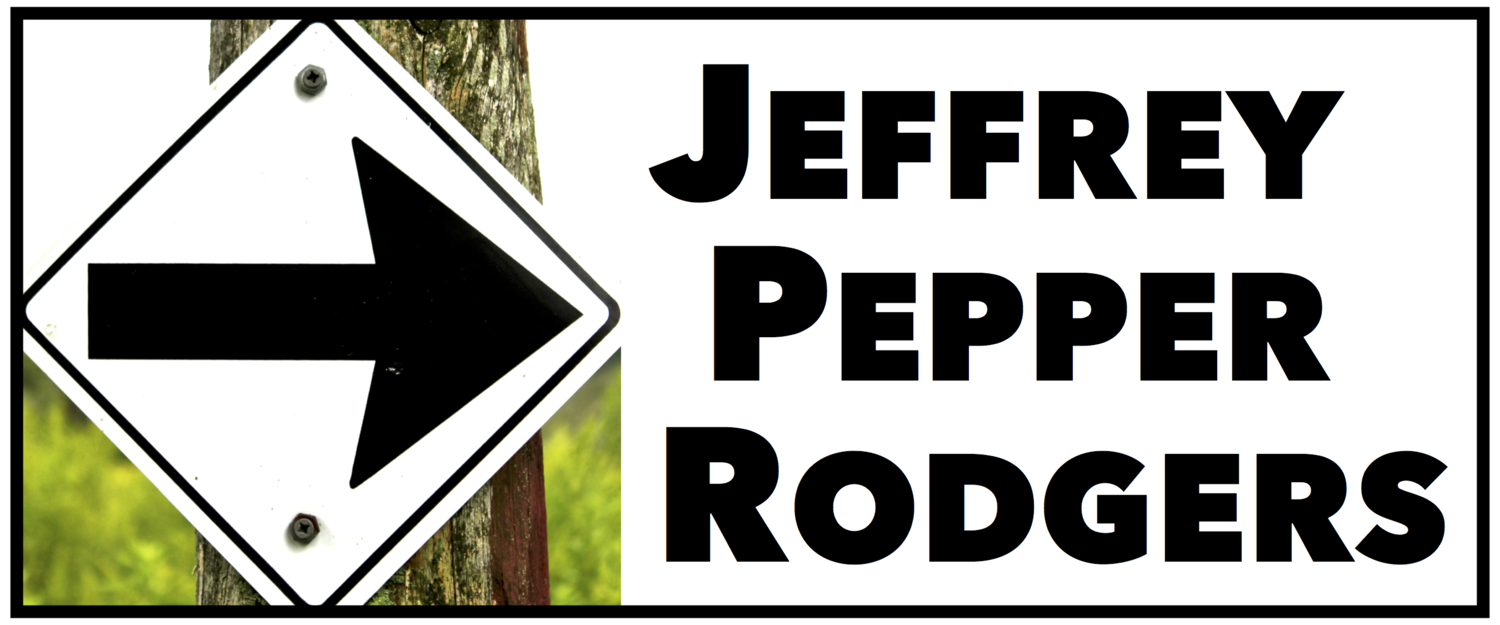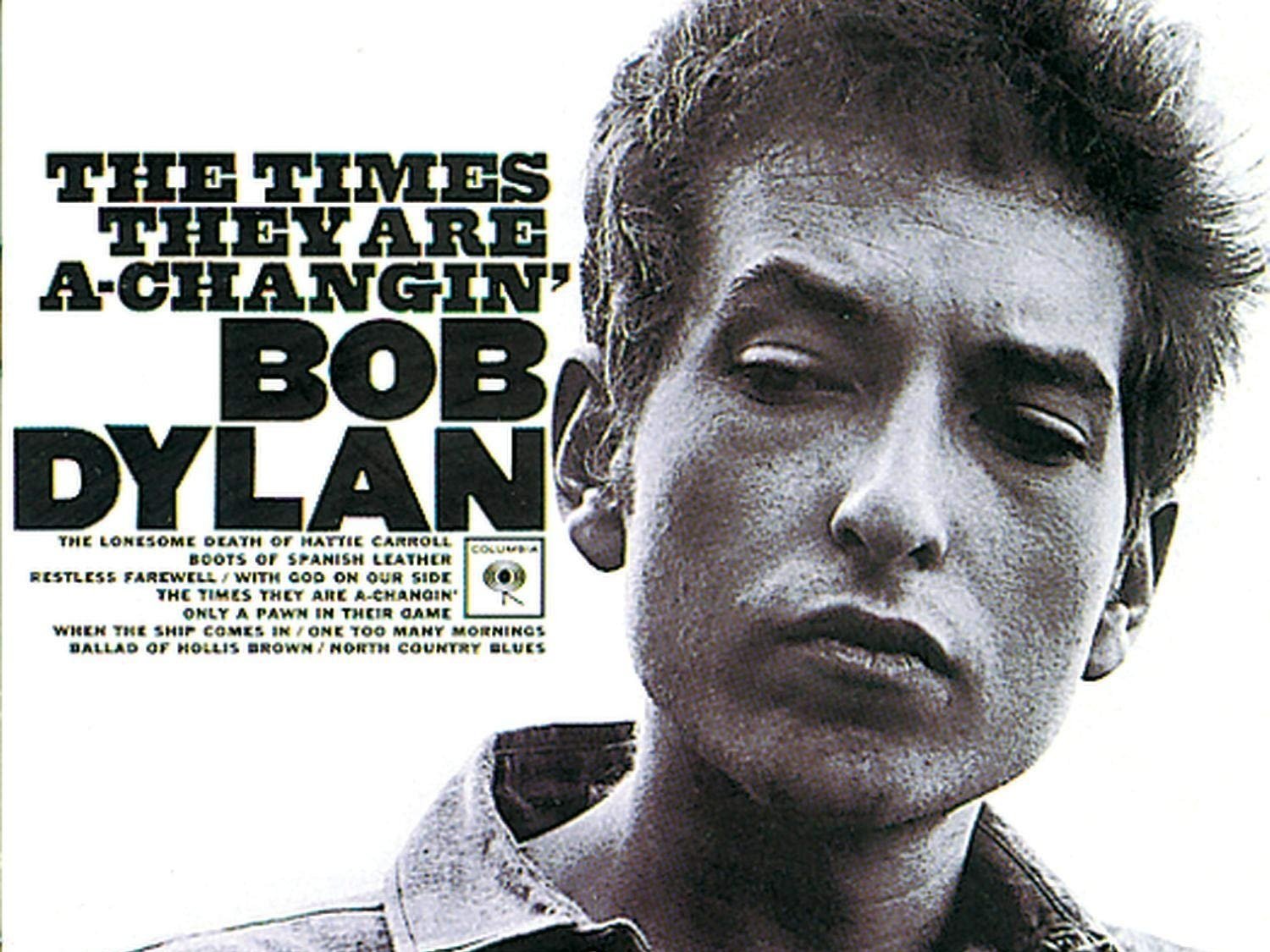How Bob Dylan built new songs on tradition
In his acceptance speech for MusiCares’ 2015 Person of the Year, Bob Dylan spoke in remarkably direct and revealing ways about his life in music—with thanks to those who encouraged him along the path and digs at those who didn’t.
You can read a transcript of the whole speech here, and it’s well worth a read.
To me, as a songwriter and teacher of the craft, the most interesting part was where he spoke at length about the sources of his songs, underscoring the way that new songs build on the foundations and patterns of songs that came before. He quoted quite a few songs along the way, traditional and otherwise, but didn’t name most of them. So I thought I’d post an excerpt from the speech and annotate it with song titles, and also create a playlist (embedded below and on Spotify) where you can hear what he means.
Have a look and a listen. Lots of food for thought here about how how, as he says, all songs are connected. Following the cadences, sentence structure, rhyme scheme, form, or other aspect of an existing song can be a great impetus to write.
These songs didn’t come out of thin air.
I didn’t just make them up out of whole cloth. Contrary to what [Dylan’s first publisher] Lou Levy said, there was a precedent. It all came out of traditional music: traditional folk music, traditional rock and roll and traditional big-band swing orchestra music.
I learned lyrics and how to write them from listening to folk songs. And I played them, and I met other people that played them, back when nobody was doing it. Sang nothing but these folk songs, and they gave me the code for everything that’s fair game, that everything belongs to everyone.
For three or four years, all I listened to were folk standards. I went to sleep singing folk songs. I sang them everywhere—clubs, parties, bars, coffeehouses, fields, festivals. And I met other singers along the way who did the same thing and we just learned songs from each other. I could learn one song and sing it next in an hour if I’d heard it just once.
If you sang “John Henry” as many times as me—
John Henry was a steel-driving man
Died with a hammer in his hand
John Henry said a man ain’t nothin’ but a man
Before I let that steam drill drive me down
I’ll die with that hammer in my hand
If you had sung that song as many times as I did, you’d have written “How many roads must a man walk down?” too [“Blowing in the Wind”].
Big Bill Broonzy had a song called “Key to the Highway.”
I’ve got a key to the highway
I’m booked and I’m bound to go
Gonna leave here runnin’
Because walking is most too slow
I sang that a lot. If you sing that a lot, you just might write,
Georgia Sam he had a bloody nose
Welfare Department, they wouldn’t give him no clothes
He asked poor Howard, where can I go
Howard said there’s only one place I know
Sam said tell me quick, man, I got to run
Howard just pointed with his gun
And said that way down on Highway 61
[“Highway 61 Revisited”]
You’d have written that too, if you’d sang “Key to the Highway” as much as me.
Ain’t no use sit ’n cry
You’ll be an angel by and by
Sail away, ladies, sail away
[“Sail Away Ladies”]
“I’m sailing away, my own true love”: “Boots of Spanish Leather”—Sheryl Crow just sung that.
Roll the cotton down
Aw, yeah, roll the cotton down
Ten dollars a day is a white man’s pay
Roll the cotton down
A dollar a day is the black man’s pay
Roll the cotton down
[“Roll the Cotton Down”]
If you sang that song as many times as me, you’d be writing “I ain’t gonna work on Maggie’s farm no more” too [“Maggie’s Farm”].
If you had listened to Robert Johnston singing, “Better come in my kitchen, ‘cause it’s gonna be raining outdoors,” as many times as I listened to it, sometime later you just might write, “A Hard Rain’s a-Gonna Fall.”
I sang a lot of “come all you” songs. There’s plenty of them. There’s way too many to be counted.
Come along boys and listen to my tale
Tell you of my troubles on the old Chisholm Trail
[“Old Chisolm Trail”]
Or:
Come all ye good people, listen while I tell
The fate of Floyd Collins, a lad we all know well
[“Death of Floyd Collins”]Come all ye fair and tender ladies
Take warning how you court your men
They’re like a star on a summer morning
They first appear and then they’re gone again
[“Come All Ye Fair and Tender Ladies”]
And then there’s this one:
Gather ’round, people
A story I will tell
’Bout Pretty Boy Floyd, the outlaw
Oklahoma knew him well
[Woody Guthrie, “Pretty Boy Floyd”]
If you sung all these “come all ye” songs all the time like I did, you’d be writing:
Come gather ’round, people, wherever you roam
Admit that the waters around you have grown
Accept that soon you’ll be drenched to the bone
If your time to you is worth saving
And you better start swimming or you’ll sink like a stone
The times they are a-changing
[“The Times They Are a-Changin’”]
You’d have written that too. There’s nothing secret about it. You just do it subliminally and unconsciously, because that’s all enough, and that’s all you know. That was all that was dear to me. They were the only kinds of songs that made sense.
When you go down to Deep Elem, keep your money in your socks
Women on Deep Elem put you on the rocks
[“Deep Elem Blues”]
Sing that song for a while and you just might come up with:
When you’re lost in the rain in Juarez and it’s Easter time too
And your gravity’s down and negativity don’t pull you through
Don’t put on any airs when you’re down on Rue Morgue Avenue
They got some hungry women there and they really make a mess outta you
[“Just Like Tom Thumb’s Blues”]
All these songs are connected. Don’t be fooled. I just opened up a different door in a different kind of way. It’s just different, saying the same thing.
—Bob Dylan

